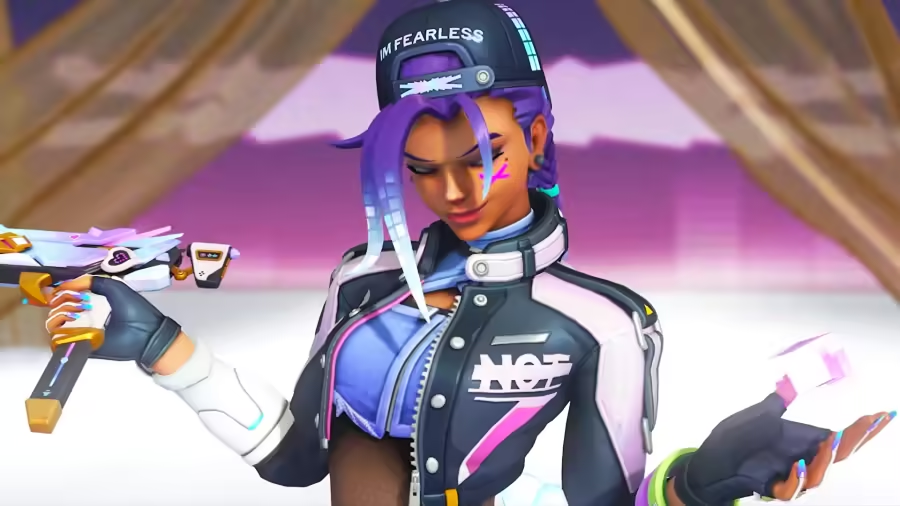Overwatch 2 Requisitos PC: Tackling Toxicity in the OW 2 Community
Highlights
- The rise in toxicity in Overwatch 2 can be attributed to the game's transition to free-to-play, which has brought an influx of new players and a sense of entitlement among some individuals.
- Frustration caused by poor matchmaking is a significant factor contributing to the toxic behavior in the game, as players often blame others for their perceived shortcomings.
- The use of derogatory language and insults, along with the introduction of new terms like "diff," has further perpetuated the toxic atmosphere within the Overwatch 2 community.
Toxicity in Overwatch 2: A Growing Concern

In the fast-paced world of Overwatch 2, where heroes clash in intense battles, toxicity has become an unfortunate reality. It seems that with each passing day, players encounter more and more toxic behavior, tarnishing the once vibrant and welcoming community. This article aims to delve into the reasons behind this surge in toxicity and offer some practical solutions to combat it.
One plausible explanation for the rise in toxicity could be attributed to the game's transition to free-to-play. With the influx of new players, the likelihood of encountering toxic individuals naturally increases. Some players may develop a sense of entitlement or superiority, using toxic behavior as a means to assert dominance over others. Moreover, the anonymity provided by online gaming allows people to shed their real-life inhibitions and act in ways they never would face-to-face, further fueling the toxic environment.
Another significant factor contributing to the toxicity in Overwatch 2 is the frustration caused by poor matchmaking. When players find themselves constantly paired with teammates of varying skill levels, it can lead to immense frustration and anger. This frustration often manifests as toxic behavior, with players quick to blame others for their perceived shortcomings. The lack of a balanced matchmaking system creates an environment where teamwork takes a backseat, and finger-pointing becomes the norm.
Furthermore, the introduction of new terms and phrases, such as "diff," has inadvertently contributed to the toxicity in Overwatch 2. Some players wield these terms as weapons to belittle and mock their teammates, further perpetuating negativity within the community. The use of derogatory language and insults not only damages team morale but also creates a toxic atmosphere that discourages players from enjoying the game to its fullest.
To combat the toxicity in Overwatch 2, it is crucial for players to take a proactive approach. Utilizing the tools provided by the game, such as muting voice chat and disabling game chat, can help avoid unnecessary confrontations and toxic interactions. Additionally, reporting toxic players to the game's moderation team is an effective way to weed out the worst offenders and create a more positive gaming environment.
In conclusion, the rise in toxicity among Overwatch 2 players is a concerning issue that demands attention. The transition to free-to-play, poor matchmaking, and the use of derogatory language have all contributed to the toxic atmosphere within the game. By taking proactive measures and reporting toxic behavior, players can help foster a more enjoyable and inclusive gaming experience for everyone. Let us remember that toxicity has no place in the Overwatch community, and together, we can create a more positive and supportive environment for all players.
Related Articles
Overwatch 1 vs. OW 2: Battling Toxicity for a Better Gaming Experience!
Overwatch 2 Peril: Toxicity on the Rise, but We've Got Your Back!
Overwatch 2 Download: Navigating the Ups and Downs of Player Solutions
Overwatch 2: Peaceful Strategies to Tackle Toxicity and Level Up Your Gaming Experience


